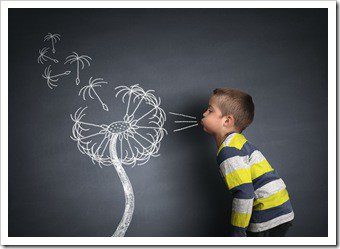
With the increasing prevalence of autism diagnoses, many families in Spokane WA are searching for alternative approaches beyond traditional medications and therapies. New research suggests that chiropractic care may offer meaningful improvements for some children on the autism spectrum.
Chiropractic and Autism: Promising Early Research
One important study, cited by chiropracticresearch.org, followed fourteen children diagnosed with autism. Half received full-spine chiropractic adjustments, while the other half received focused care on the upper cervical spine. Using standardized evaluations of communication, behavior, sociability, and other key markers, the children were monitored weekly over a three-month period.
Results were promising: six out of seven children in the upper cervical care group improved, with two no longer meeting diagnostic criteria for autism. Five of the seven children in the full-spine group also showed measurable improvements.
Common areas of improvement included:
- Better verbal communication
- Improved eye contact
- Positive mood shifts
- More engagement in physical activities
National Recognition of Chiropractic’s Role
This study contributed to the formation of the Charles R. Cono Center for Research & Life Planning in North San Diego County—a $50 million center that includes a chiropractic clinic as part of its comprehensive fitness and developmental support services. With its success, similar centers are being planned across the U.S.
This level of inclusion underscores the growing belief that chiropractic care can offer life-changing support for individuals with autism and other developmental disabilities.
We’re Here to Support You
If you or someone you love has been diagnosed with autism or a related learning disorder, we invite you to explore chiropractic care as a complementary approach to support your child’s development and quality of life.
Call (509) 467-2888 or visit Salina Family Chiropractic in Spokane, WA to schedule a consultation. Let’s talk about what’s possible—with care that considers the whole child.
For Your Health,
Dr. Joshua Salina
